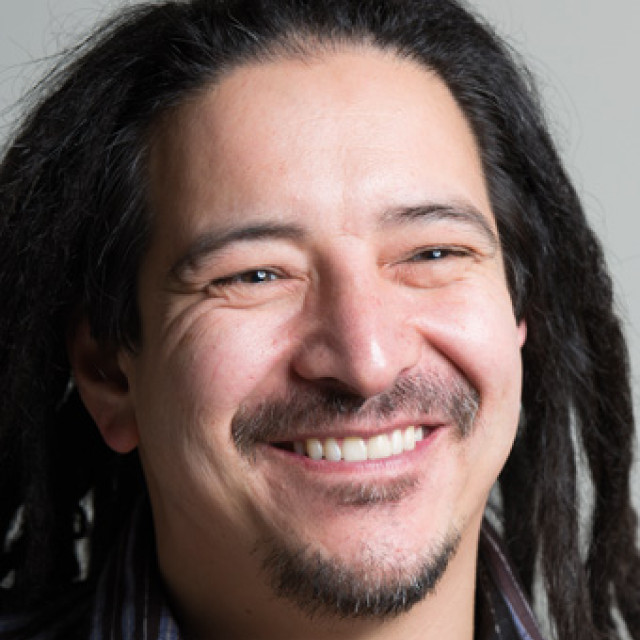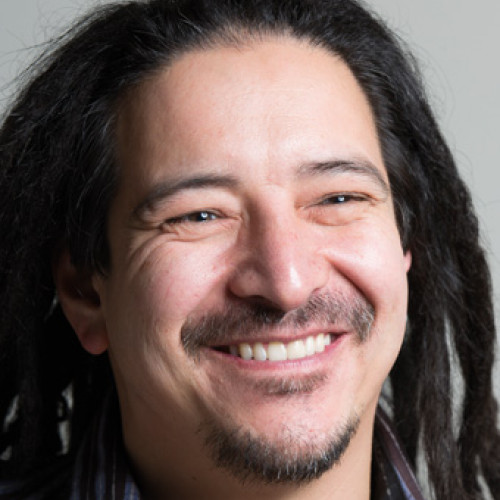Organ donation series: Heartfelt thanks for a new life
12 July 2015
New Zealand has one of the world's lowest organ donation rates, sparking concerns more needs to be done to save lives. In a four-part series, Susan Edmunds explores the importance of having a life-giving conversation with your loved ones.
"I still have it," David Rasmussen says. "My heart. The hospital wrote to me about a year after my operation and said, 'Do you want it?'"
There, sitting on the bottom shelf of the bookcase in the corner of his lounge, is a pale, washed out lump, vacuum-packed like offal you might buy from the butcher.
The only signs that this is the heart that pumped blood around Rasmussen's body for more than 45 years are a couple of wires extruding from the tissue, and his name scrawled in the corner.
Rasmussen has taken it down to his second home, the YMCA gym just around the corner from his rented Mt Roskill house, about 10 times so far, regaling his mates with the story of his heart transplant.
"People say you're a super-athlete, what are you training for? I say, 'I'm not training for anything, I'm just happy to have life again'."
Rasmussen is the 244th heart transplant recipient in New Zealand. He is one of the lucky ones.
New Zealand has one of the lowest rates of organ donation in the developed world. But improving the rate — and even whether we should try — is a delicate issue.
The Government has ordered a review of the system driven in part by low donation rates. The review comes after A National Ethics Advisory Committee raised concerns over consistency around who received an organ and how they were treated on waiting lists.
Associate Health Minister Peter Dunne says options being considered included removing a family's bedside right to override a deceased relative's consent to be an organ donor.
Organ Donation NZ is the organisation that facilitates the donor system when people die. It is at pains to point out it is not a lobby group and advocates only that "every opportunity for deceased organ donation should be recognised by ICU staff and every family should have donation discussed with them by a health care professional with compassion, respect and appropriate knowledge and skill".
It says some countries with much better donation rates have ethically questionable methods.
In a four-part series starting today, the Herald on Sunday examines all aspects of the donation system to raise awareness of the importance of having the conversation with family so if the worst happens your loved ones know what you wanted.
Rasmussen is now almost 50. His heart first began to trouble him when he was 13, after an untreated bout of rheumatic fever.
He was living with his parents in Samoa and when specialists arrived from New Zealand to see him, irreversible damage had been done.
His heart was roughly the size of a football, three times its normal size. Although he had to give up rugby, life carried on much as usual. He moved to New Zealand, finished school, got a job, started a family.
"The only thing I struggled with was endurance. I could still sprint." Sometimes he would exert him-self and feel his heart "quiver", so he would know to back off a bit, give it a rest.
There are not enough words to describe how much you appreciate — appreciate is an understatement. I'm so grateful, they've given me life.
His eldest son, Viggo, now 23, went to Mt Carmel primary school in Meadowbank and Rasmussen recalls regularly beating the other dads at the school's annual "dads race" at sports day.
But about 15 years ago, his health began to deteriorate. In 2002, he had a pacemaker fitted, which was quickly replaced by a defibrillator after he keeled over one day, blowing the half-time whistle while refereeing a rugby game.
By 2007, he was on the heart transplant waiting list. After four months, the call came, telling him a heart and a new shot at life was available. But he said no.
Rasmussen had become a zealous convert to Christianity and had just that morning received what he said was a message from God, telling him that it was not his time to have the transplant.
"I had this almost audible voice in me, saying I should get back off the list." He had resolved to ring the hospital after the weekend but that Saturday evening, the call came while he was in the shower. "I said no to the doctors, which upset them and I understand that.
"After an hour of debating with them they said, 'Well, David, we're very disappointed in you and it might make things harder for you in the end if you do eventually need one'. But I said, 'I do believe the heart is not for me'."
He was told in blunt terms that he was likely to die without the transplant. His marriage broke up and two years later he moved back to Samoa with his toddler son, Nikolai, now 9.
Despite the bleak prognosis, he pushed himself hard. He scared family and friends with his "blackouts" when he went into cardiac arrest and had to be jump-started by his internal defibrillator.
As the family sat around the table at his parents' house in Samoa, his younger brother asked him where the sound of an alarm was coming from. It was the warning signal from his defibrillator that it was out of battery. If he had another cardiac arrest, it would not be there to save him.
"I rang the team in New Zealand, they said, 'You've got to get over here.' They called me crazy." Three weeks later he returned to New Zealand to have the battery replaced.
His precarious life continued until 2011 when he was in Auckland to watch Viggo graduate from the New Zealand Institute of Sport. As he walked up the airbridge, he suffered a massive cardiac arrest and was rushed to hospital.
The team who had wanted to give him a transplant in 2007 were around him again. He was put back on the waiting list — with a warning this was his final shot. There was no saying no this time. Close to midnight three weeks later, he was in the hospital, being prepared for the operation.
On 9 February 2012, in a 10-hour operation, he received his new heart. A month-and-a-half later he was running on a treadmill and he started back at work last October as an assistant liquor buyer at Gilmours.
Rasmussen says he was not into the gym before but is now a hardcore convert. "I've got a physique that makes people mistake me for a super-athlete when I go to the gym and work out. I just say I am enjoying life to the max."
Rasmussen says although he was happy to put his faith in God through his illness, he is extraordinarily thankful for his donor heart. He would like to thank the donor family but they need to intitiate contact.
"There are not enough words to describe how much you appreciate — appreciate is an understatement. I'm so grateful, they've given me life." After the transplant, he found out the heart he turned down in 2007 went to another recipient.
"That helped relieve some of the guilt, I'm glad it was used." He is now focusing on living the best life he can, as solo dad to Nikolai and Viggo, working out and sharing his story at churches around New Zealand and Samoa. He is proud to show off a photo of his new, athletic physique on Facebook, his old heart, wrapped in plastic, in his hand.
The organ donor system and the law
Why is the organ donation system under review?
The Government announced a review in response to a National Ethics Committee report that found no consistency around deciding who received an organ, confusion among patients about why they were, or were not, receiving potentially lifesaving transplants and unequal access to transplants, with Maori and Pacific people less likely to receive a replacement organ. Associate Health Minister Peter Dunne says two reviews will be carried out.
What will the reviews look at?
One will focus on the concerns raised by the committee and a broader investigation will look at ways to increase donor rates. Terms of reference are still being finalised but the review will consider the role of family members in organ donation. Last year just 46 organs were donated from dead patients, which is the area overseen by Organ Donation NZ. The donation rate is 10.2 per million people — about half that of Australia.
What have "family members" IC got to do with it?
The decision to donate or not is made by the family. They have the right to veto a deceased person's wishes. Whether that should continue and how much weight should be given to their opposition to donation is being looked at. The key focus is what additional changes will be required to increase organ donation rates.
But what about the tick box on a driving licence?
About half the drivers in New Zealand are listed as willing donors — but that can be overturned after a death by family members. Some other countries, such as Spain, have a system in which adults are deemed to have consented to donation unless they opt out.
Who can be an organ donor?
Organ donation is possible when an individual is brain dead before their heart stops pumping, and this only occurs within an intensive care unit. Some organs can be donated by living people.
What does the law say?
The Human Tissue Act 2008 regulates the collection and use of tissue and organs. This replaced the Human Tissue Act of 1964. The Act makes informed consent the fundamental principle of donation and carries penalties of up to one year's imprisonment or a fine for collecting and using tissue without appropriate consent.
How long will the reviews take?
This will be determined once the terms of reference have been finalised.
Organ Donation NZ
By Susan Edmunds - Herald on Sunday
Expand to read more

